As part of the Family Support Team, I helped out at Stay & Play sessions - we had sand play, water play, sit-on cars and tractors, as well as dressing-up boxes, a play kitchen, dollies and soft toys and small cars and animals.
One day I noticed two small boys pushing small cars around - they just pushed and bashed them off each other and pushed again, looking to me at a loss as to what to do next. So, I got a little play bus and people and 'drove' up to them. I made a little queue of the people and had them go on the bus one by one, 'asking' each one where they were going (Morrisons, the swimming pool and the library apparently!).
Then I drove the bus around and dropped them off...
The boys watched intently, then when I left, began to play the same game.
What interested me most was when I returned the next week I saw the little boys involved in a complex imaginary game with the bus, the people and their cars.
They were making the play people say, "hello" and were obviously pretending that there were other people in the cars.
It really struck me that they had seemed to need that small prompt from me to get them going (though likely they would have done this at some stage off their own bat).
It did make me think about my own childhood (which was FULL of imaginative play and story-making - whether I was the hero or my dolly was). Had I had such prompts?
Well definately I had - I could even remember them...
My mammy used to send me on 'errands'. She would touch my outstreached palm with her fingers to 'give me money' then send me off down the hall on my little tricycle to buy things. It probably gave her a few minute's rest from my constant chattering! I would 'get' the things on my bike and then report back.
This certainly informed my play when I was older/outside - I was always 'someone' on my bike - some drama was playing out in my head (even if I only drove up and down the path from the gate to the back door. Reader, I was often McClowd - (weirdly on horseback) off to solve some crime!!
I can just about remember her coming to my shop (again with the imaginary money). I don't think we even bothered with small coins or anything at this stage - possibly I was so young it would have been dangerous. Certainly I remember using ludo tokens in my cash register later on when I was alittle older).
I DID have an tiny old cupboard of my grandfather's - it had a small drawer that was perfect for the 'money' and a little door inside of which I kept purties (old lipsticks, odd earings, little shiney things I'd collected). Though all the stuff for sale was real size and didn't fit in so was displayed on a shelf nearby.
I suspect that my mother set me off and then I played away by myself with pretend customers - and I possibly combined it with tricycle journeys...
And speaking of journeys - a final game I remember from when I was very small, was my mother lining up the kitchen chairs (and possibly my own small pink chair) to make a bus. She would sit my teddies and dollies on the chairs and I would be both bus driver and conductor. I'm sure she asked the various 'passengers' where they were going - but it's so long ago my memories are vague. All I remember is that it took time to sort everything before I sat into the driver's seat and 'took off'.
These memories definitely suggest that even if I didn't need a prompt as such, my mother started me off and that set me up for hours of imaginary fun.
Lulu brings quite a haul of books from the library, then reads one each night.
Each story prompts her play next day - she is a fairy, a pilot, a mummy, a tiger, a farmer and a builder. Then she takes a leap - her Daddy makes up a story about a girl with magic shoes and Lulu believes that her shoes are magic too.
My own Dad was an expert in making up stories. While I loved his stories of the Fianna and their heroics (especially the Bodach of the Grey Cloak for some reason - though it's very brutal), and the tales of his own childhood, what I loved was the stories he made up... about our cat, about the crows that lived in the trees opposite.
And when he tired of my demands for 'just one more', he would start, "Once upon a time there was a little girl called Anna..." These I did NOT like - the little girl was very very well behaved and did what she was told and went to sleep after only one story!
But these along with the tales of his own childhood must have instilled in me the idea that anyone - even little ordinary me - could be the hero of a story, most especially their own story. And that's why Lulu Loves Stories is dedicated to him (along with Martha, an old friend from WGARCR days who first suggested I work at Sure Start).
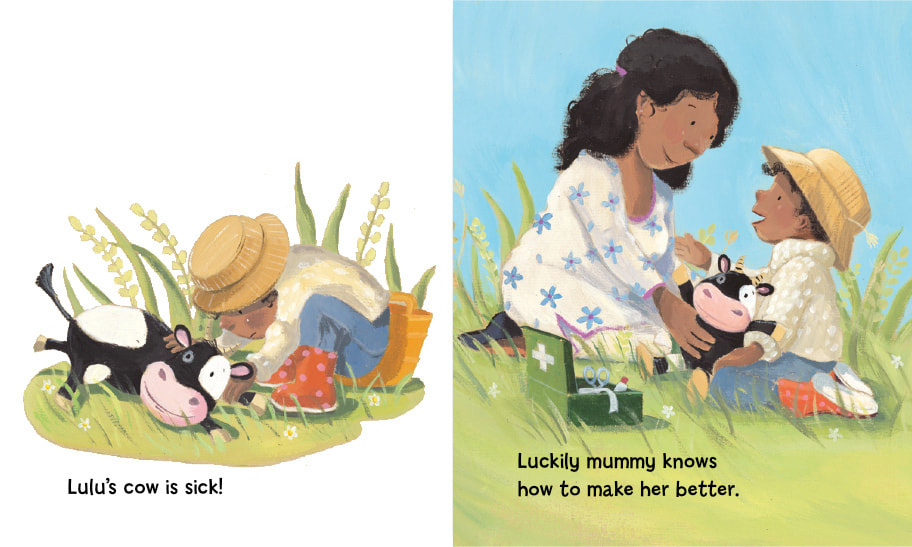
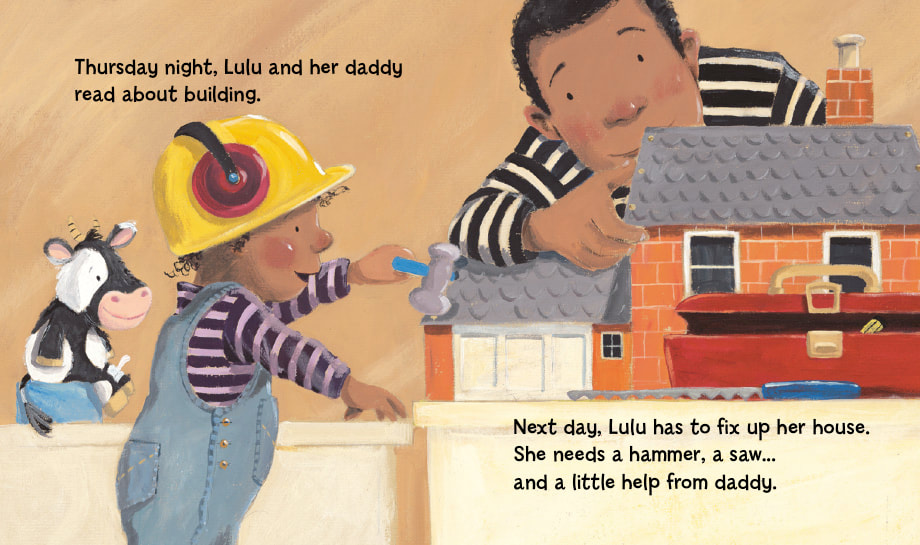
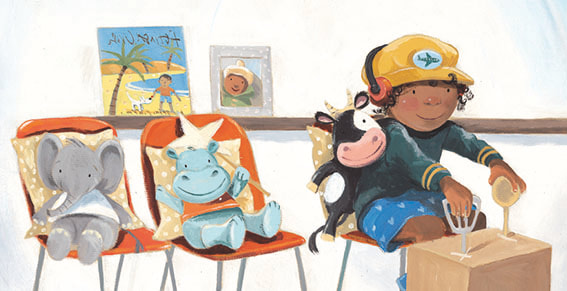
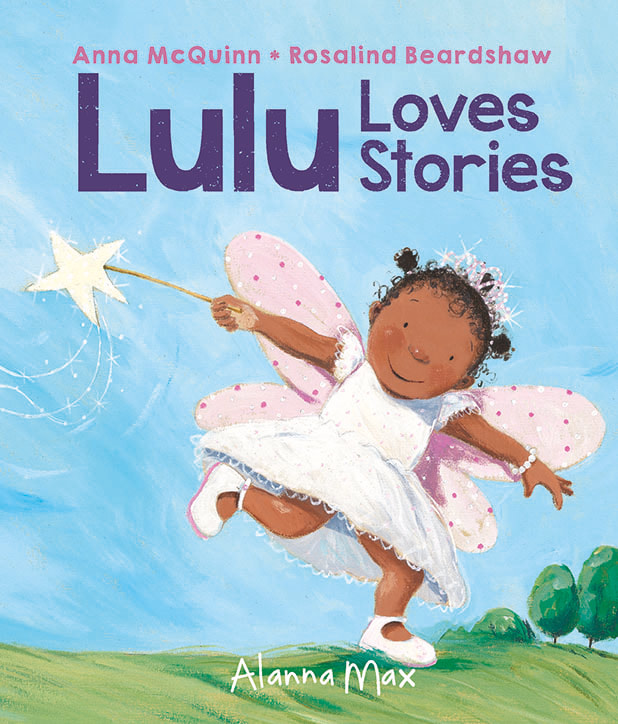
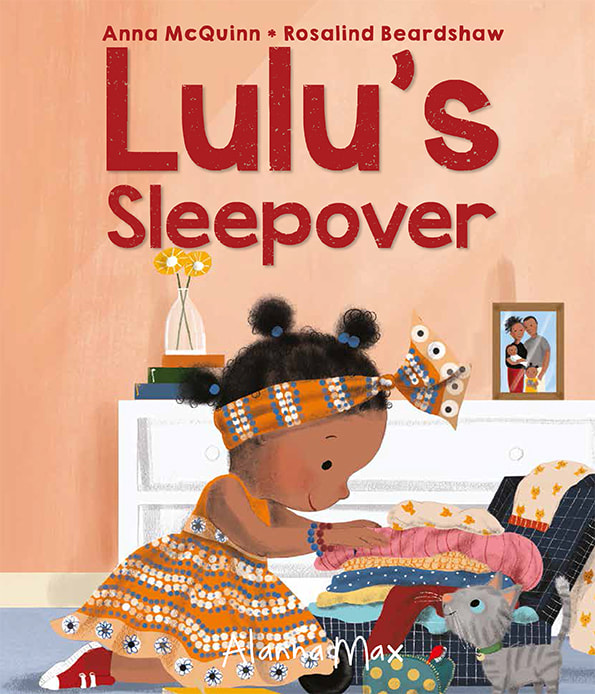
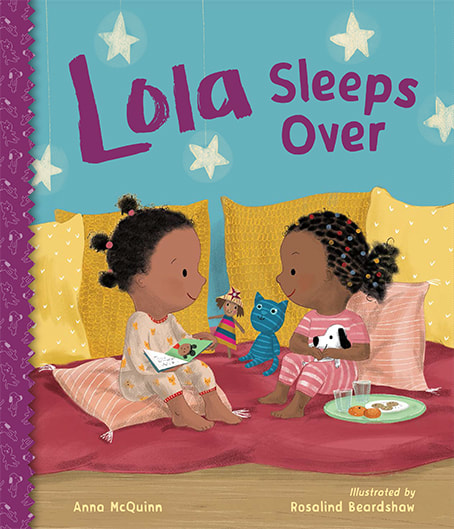
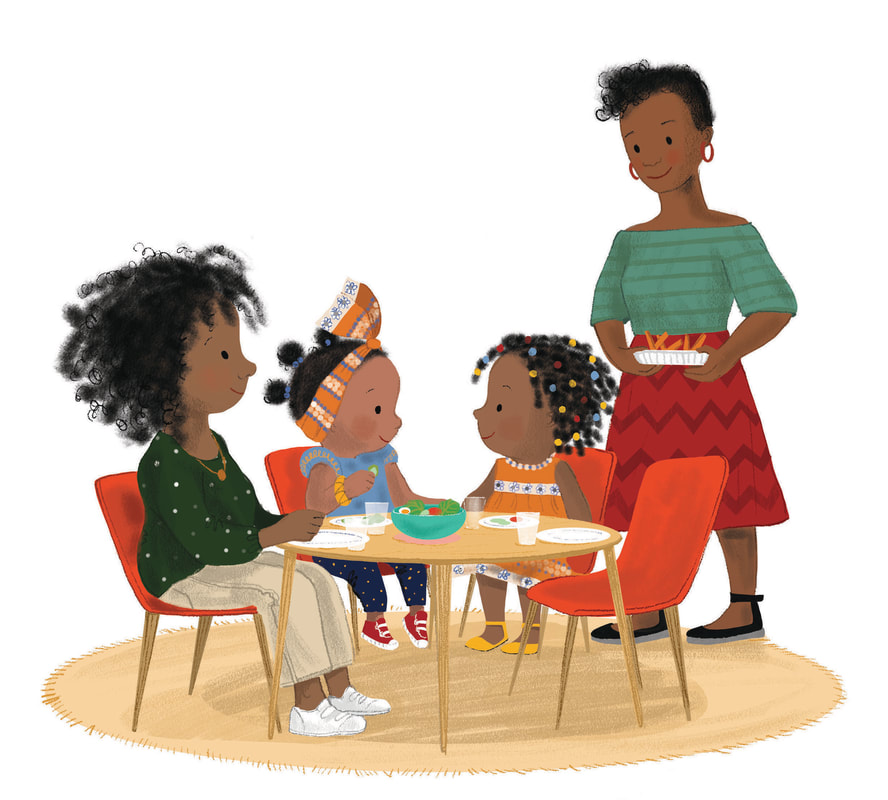
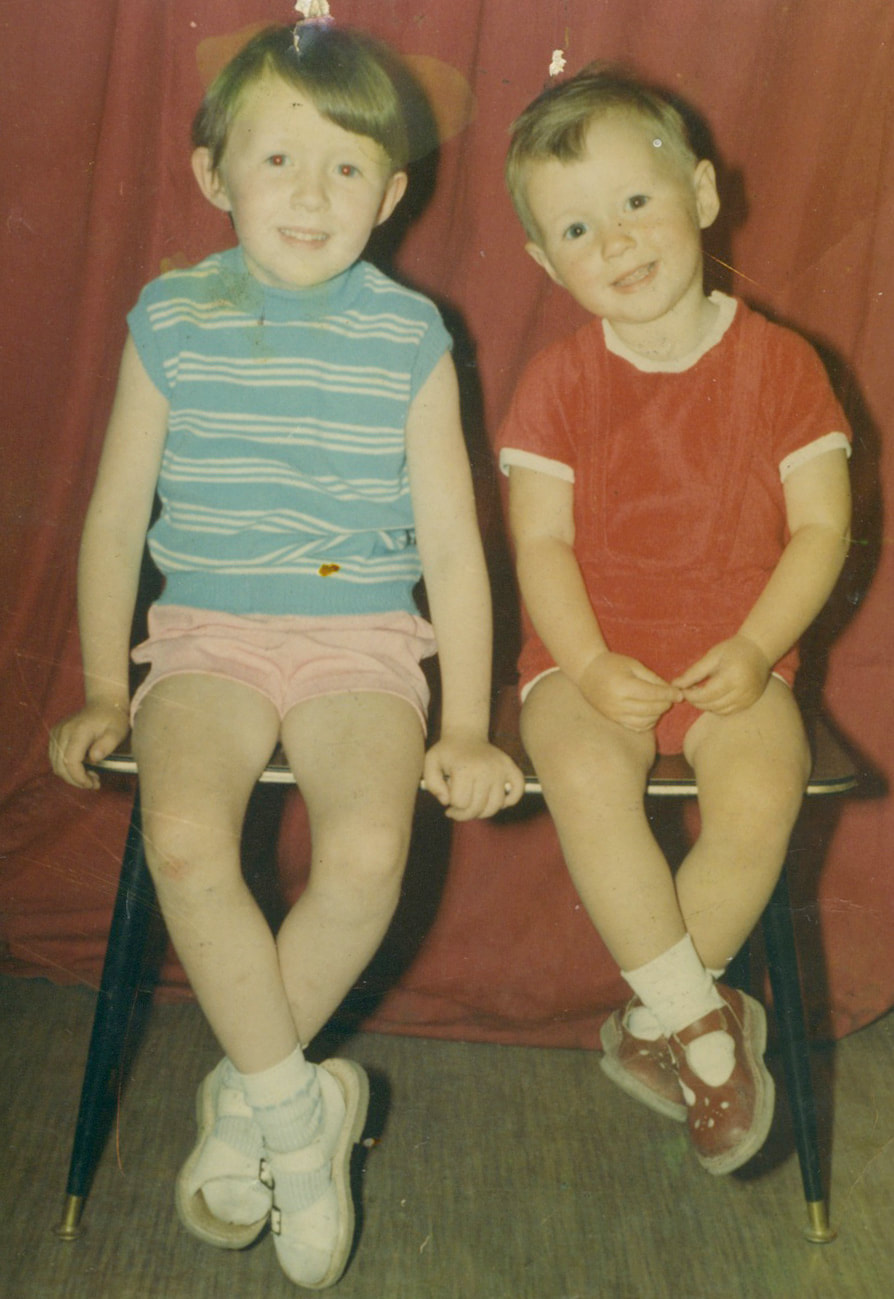
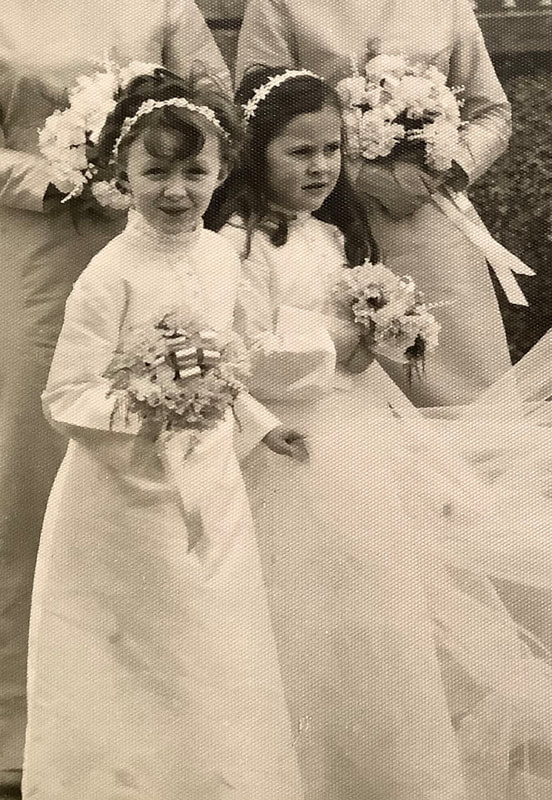
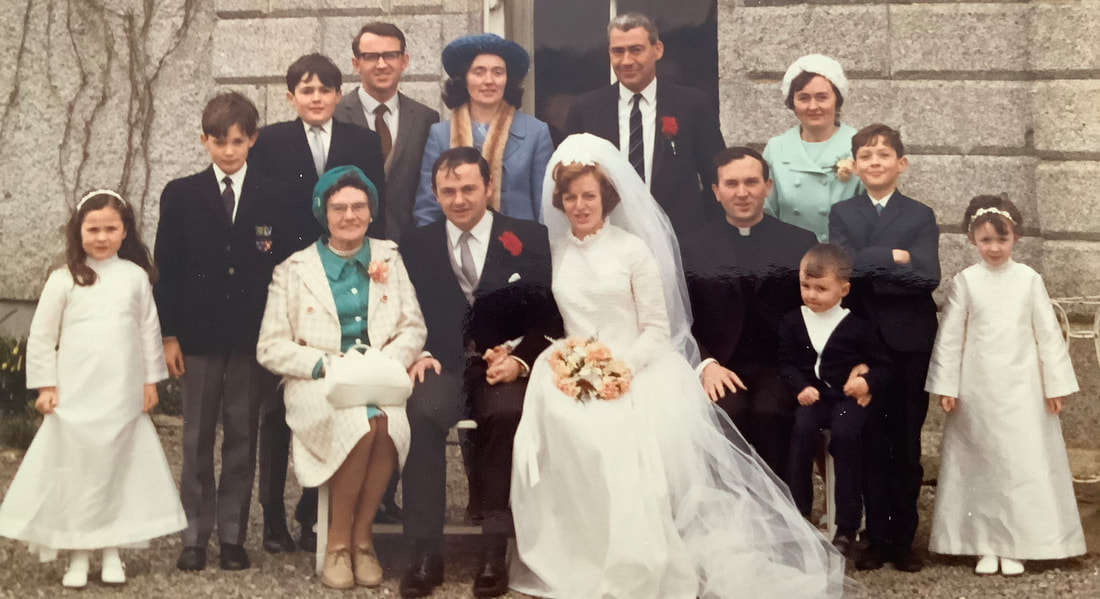
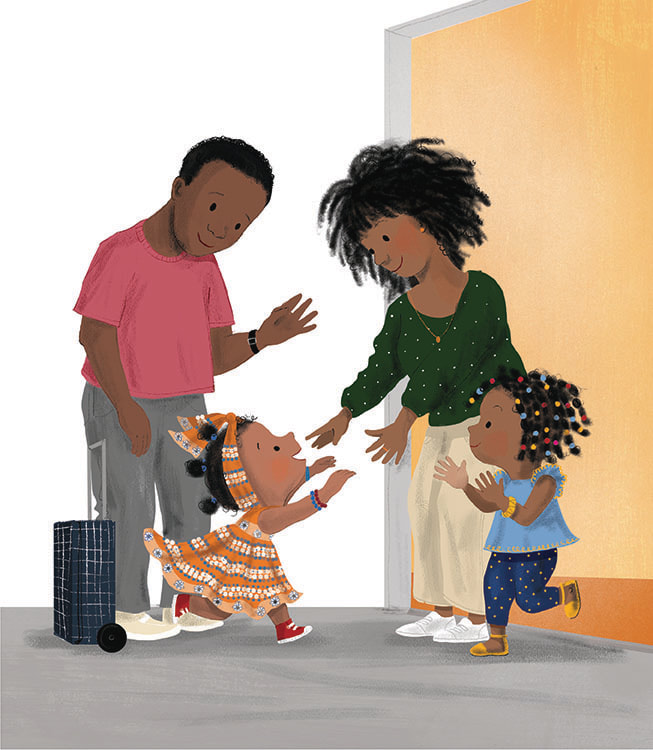
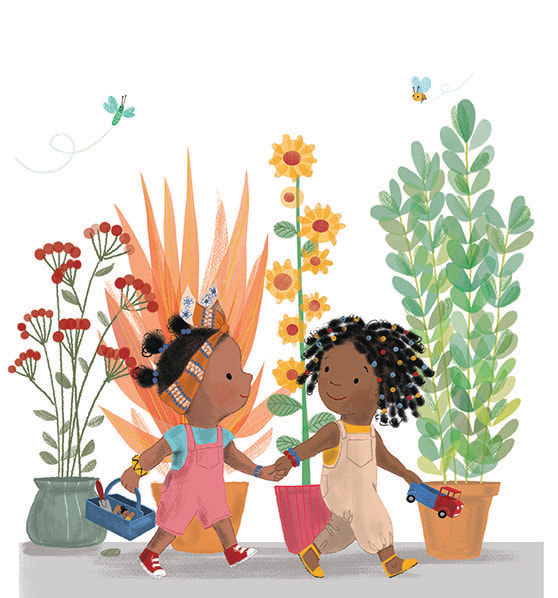
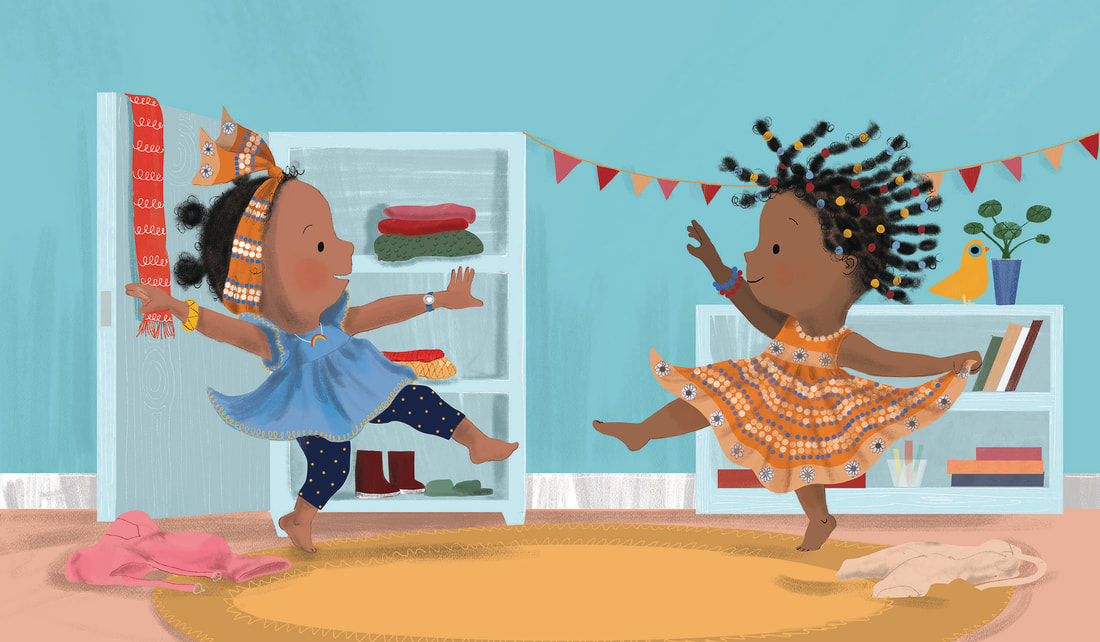
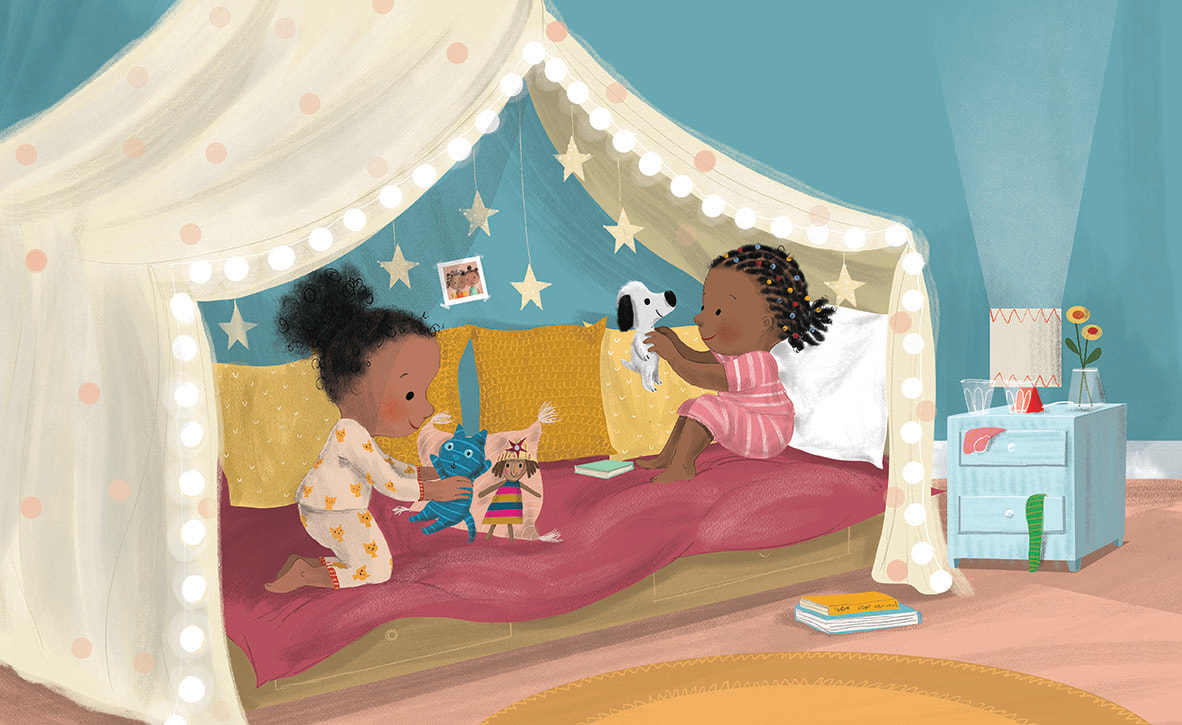
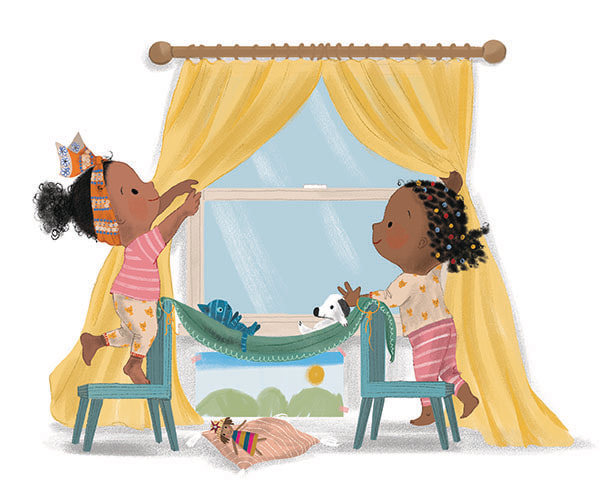
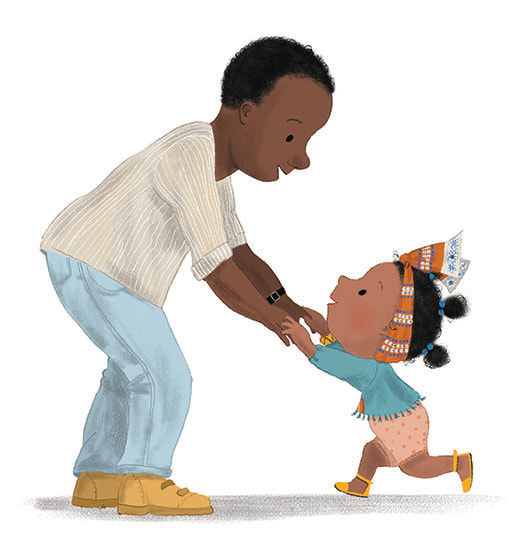
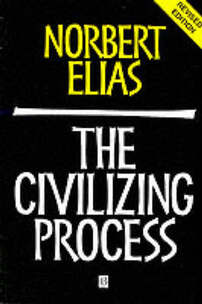
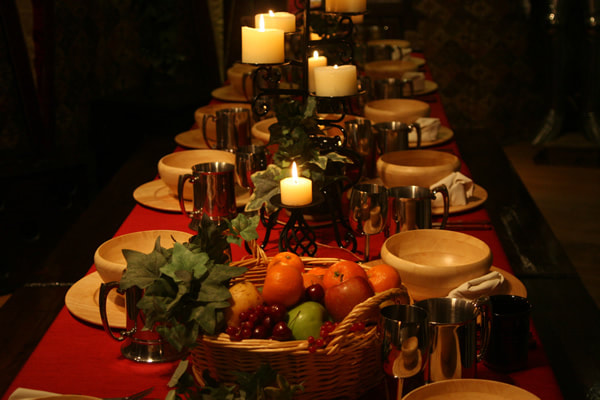
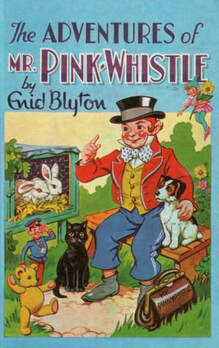
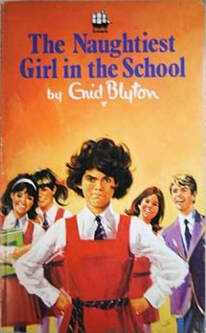
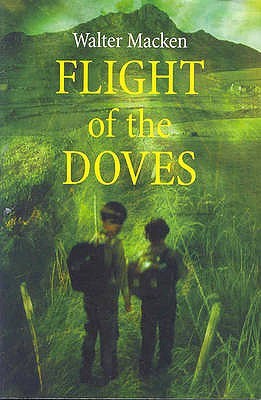
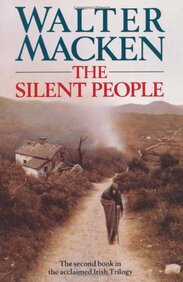
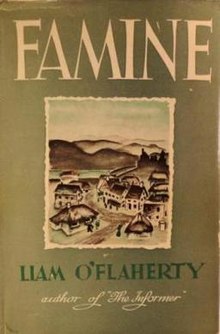
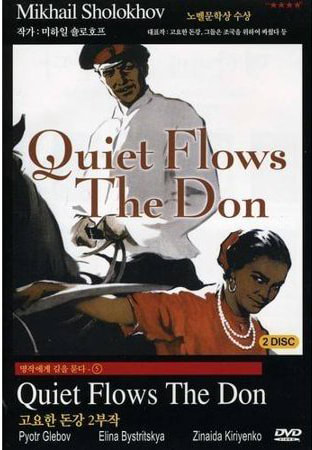

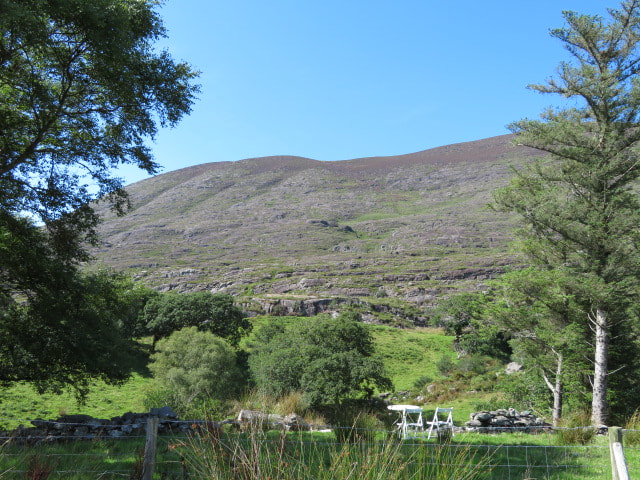
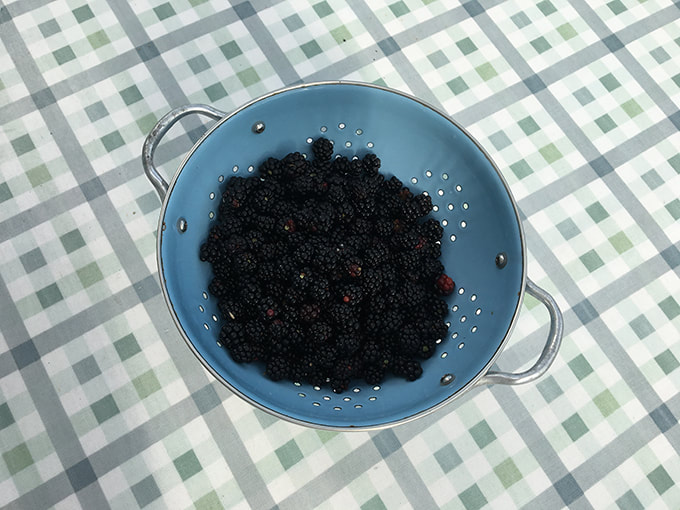
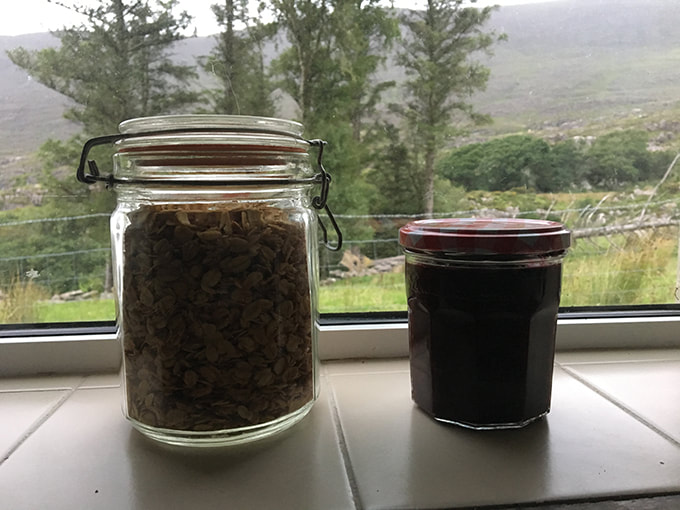
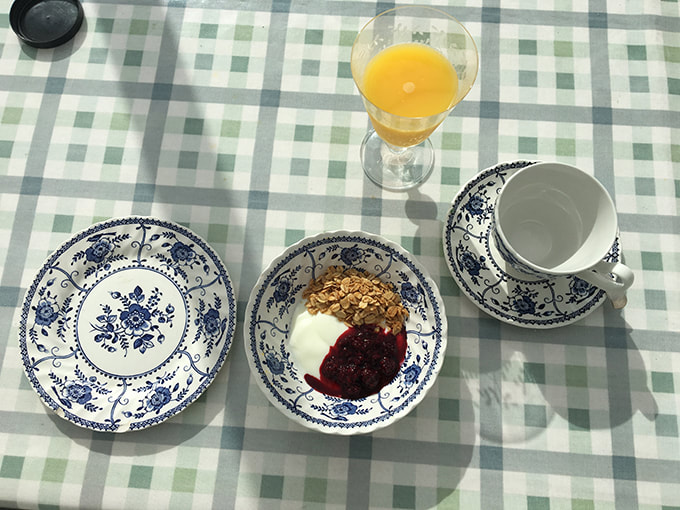
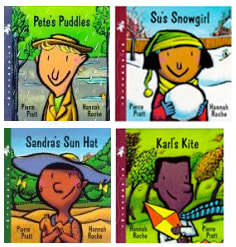

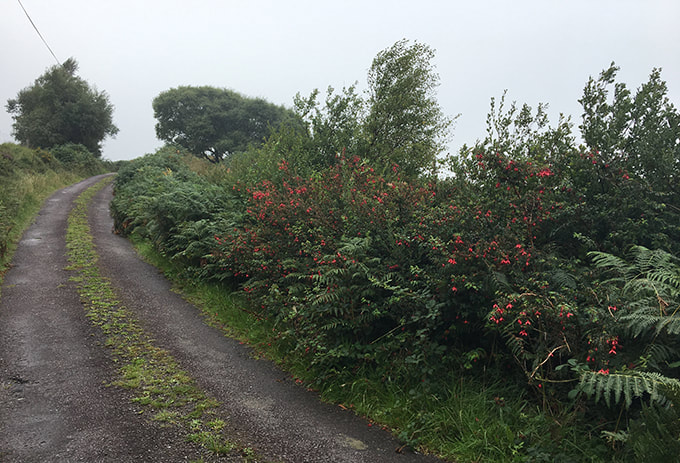


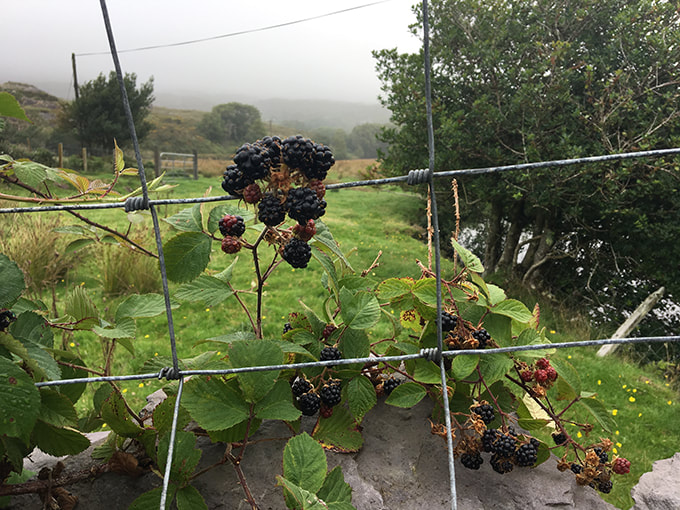
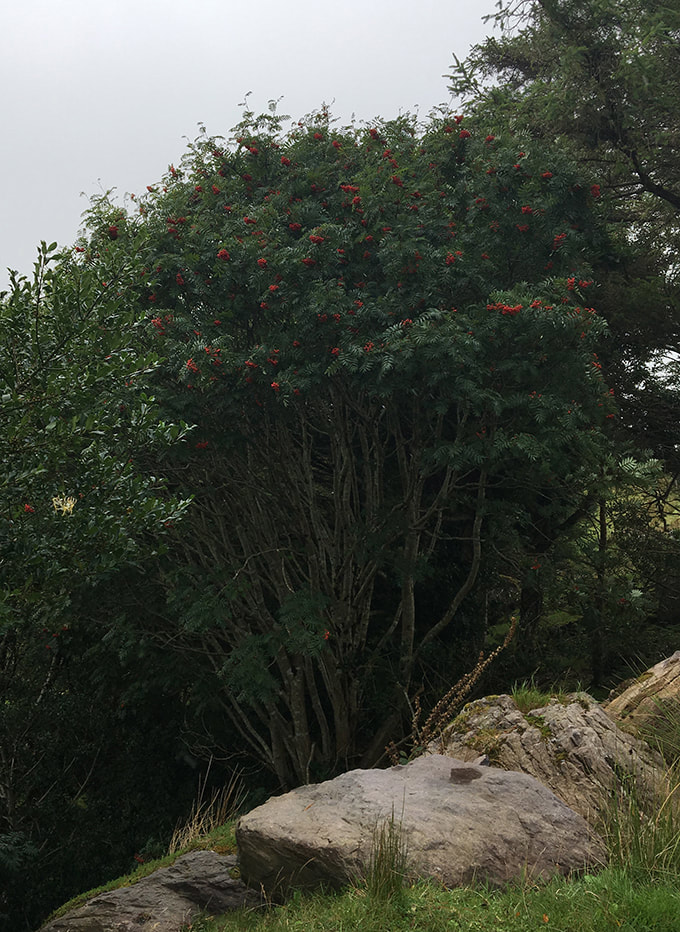

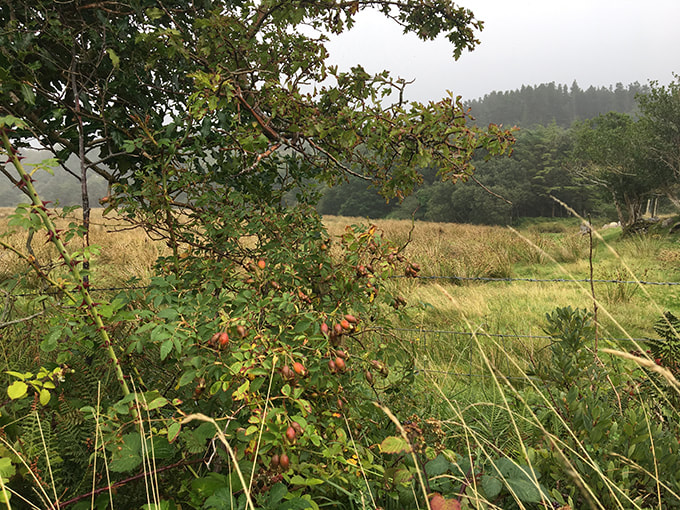




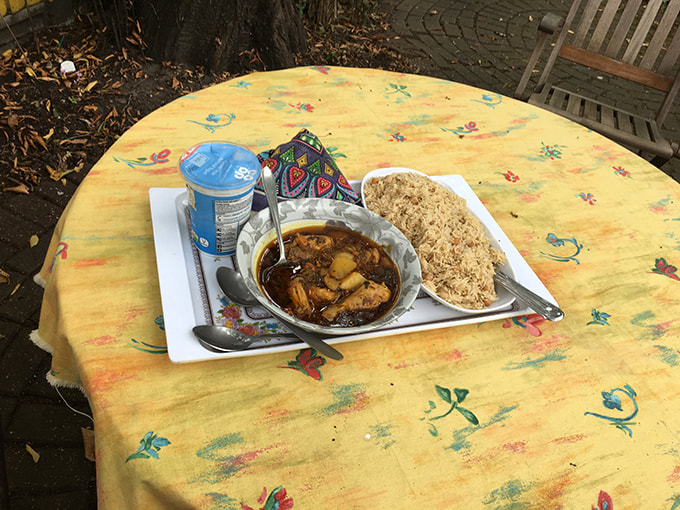
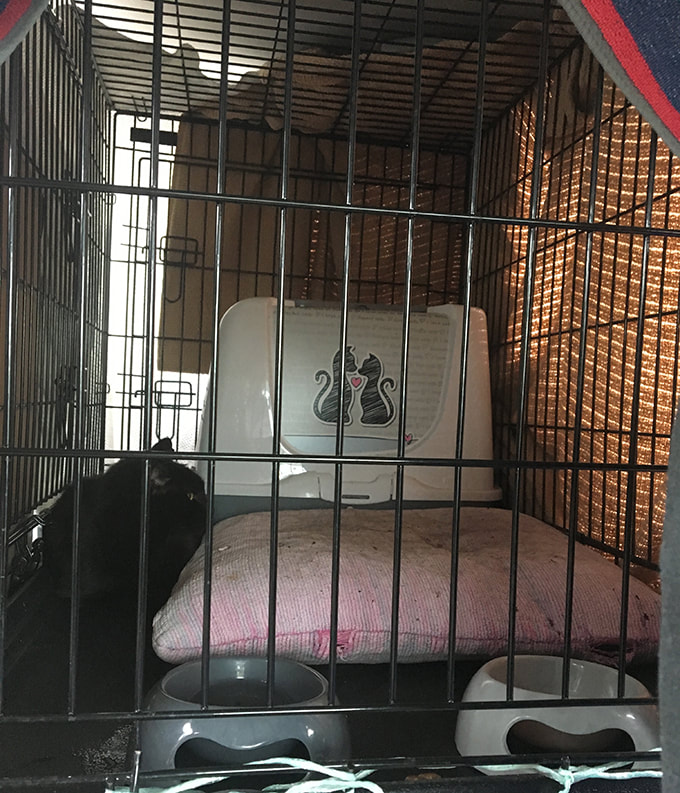


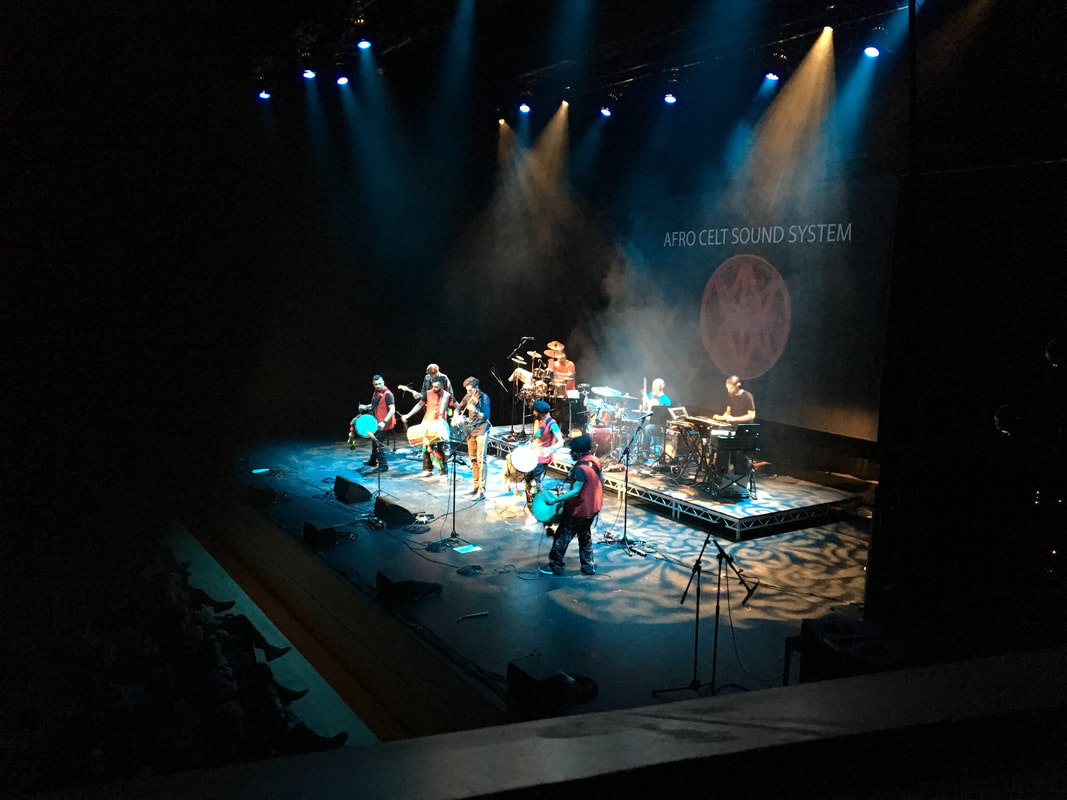

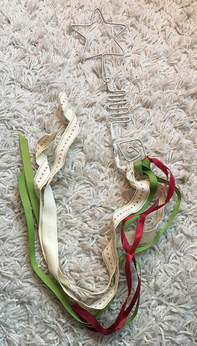
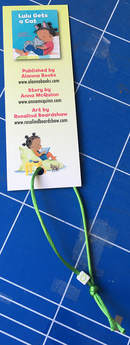
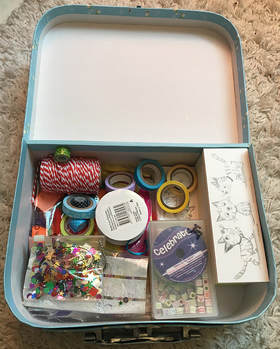
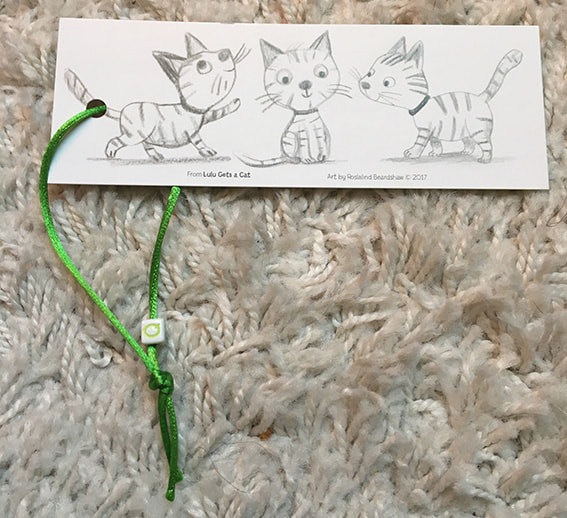
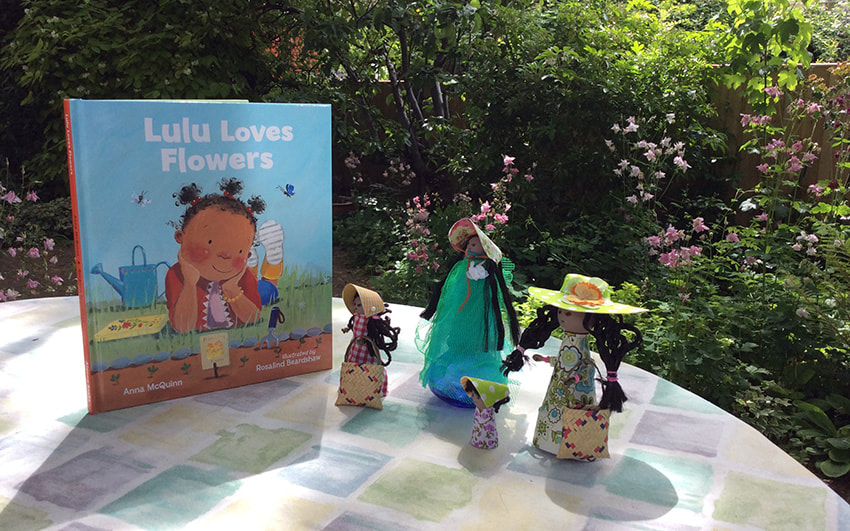
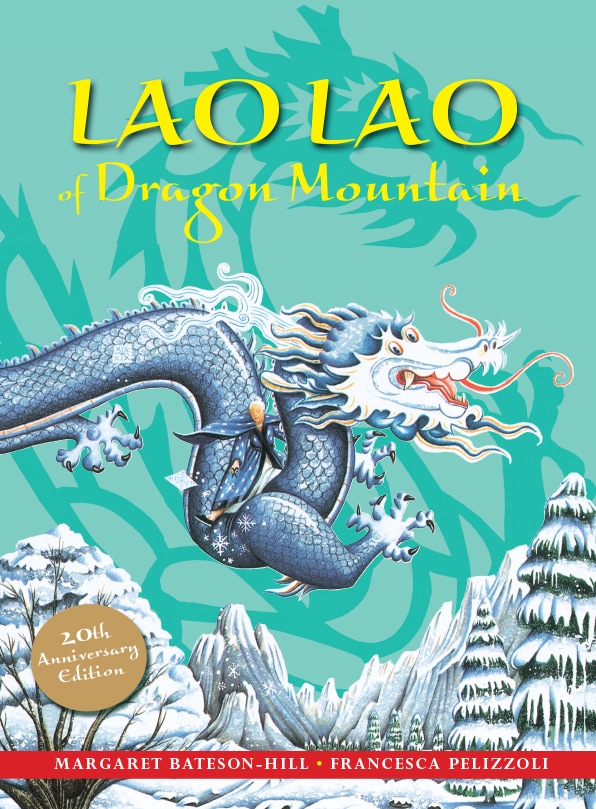
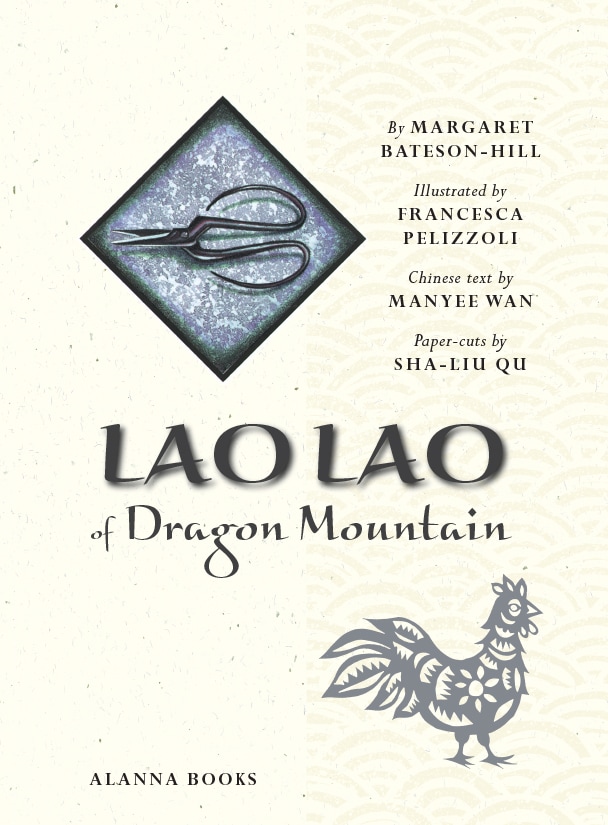
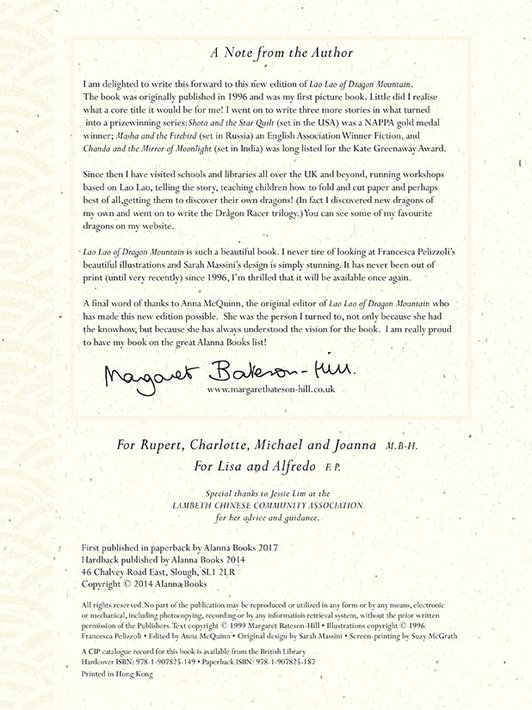
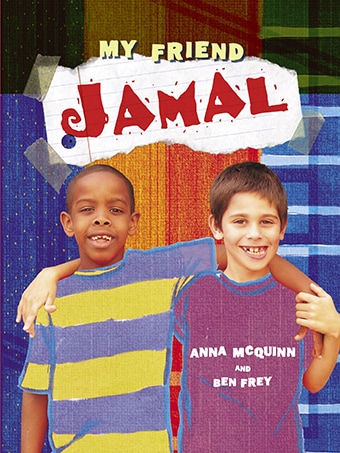
 RSS Feed
RSS Feed